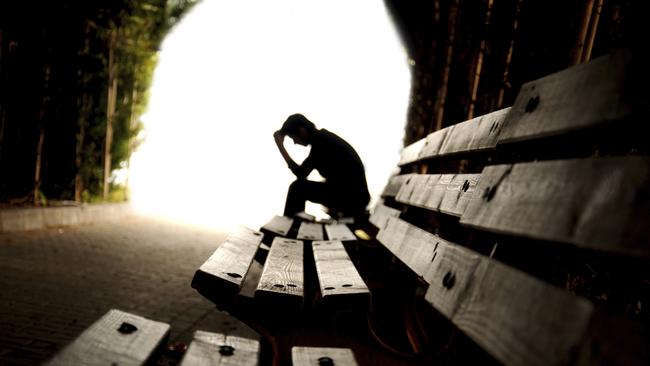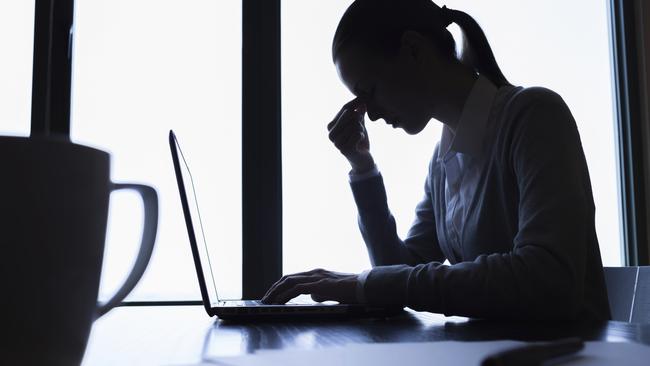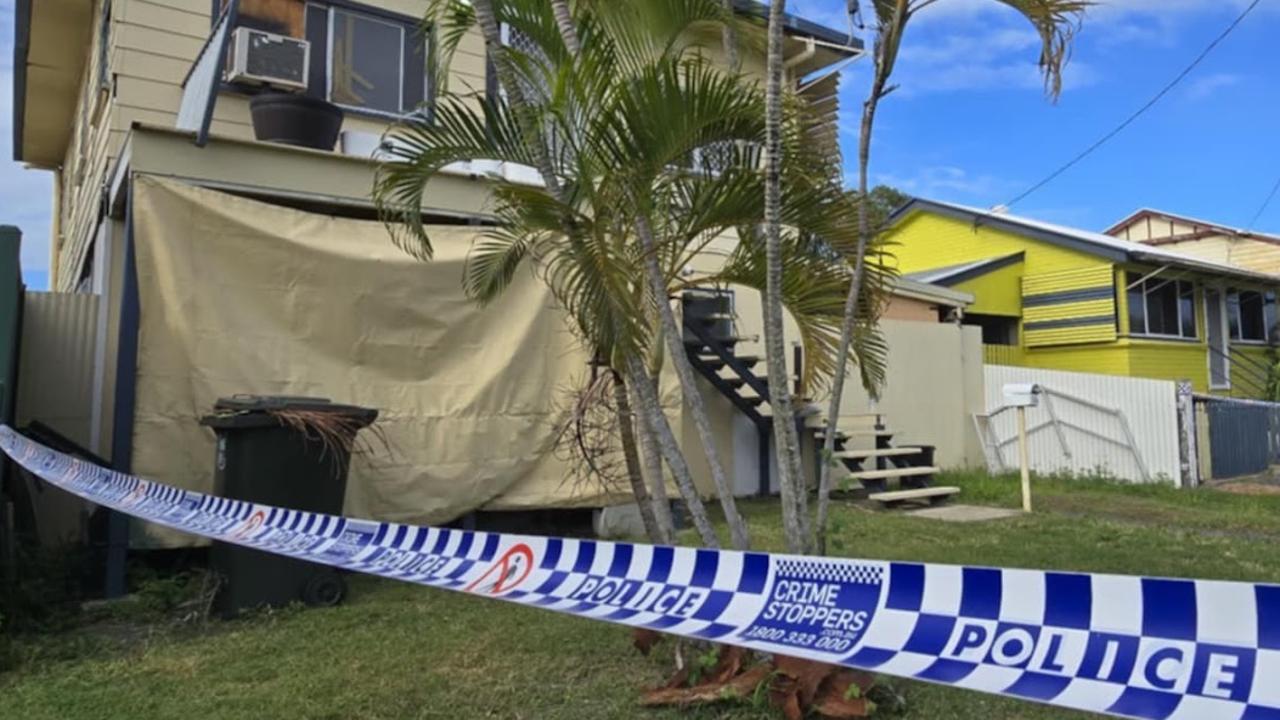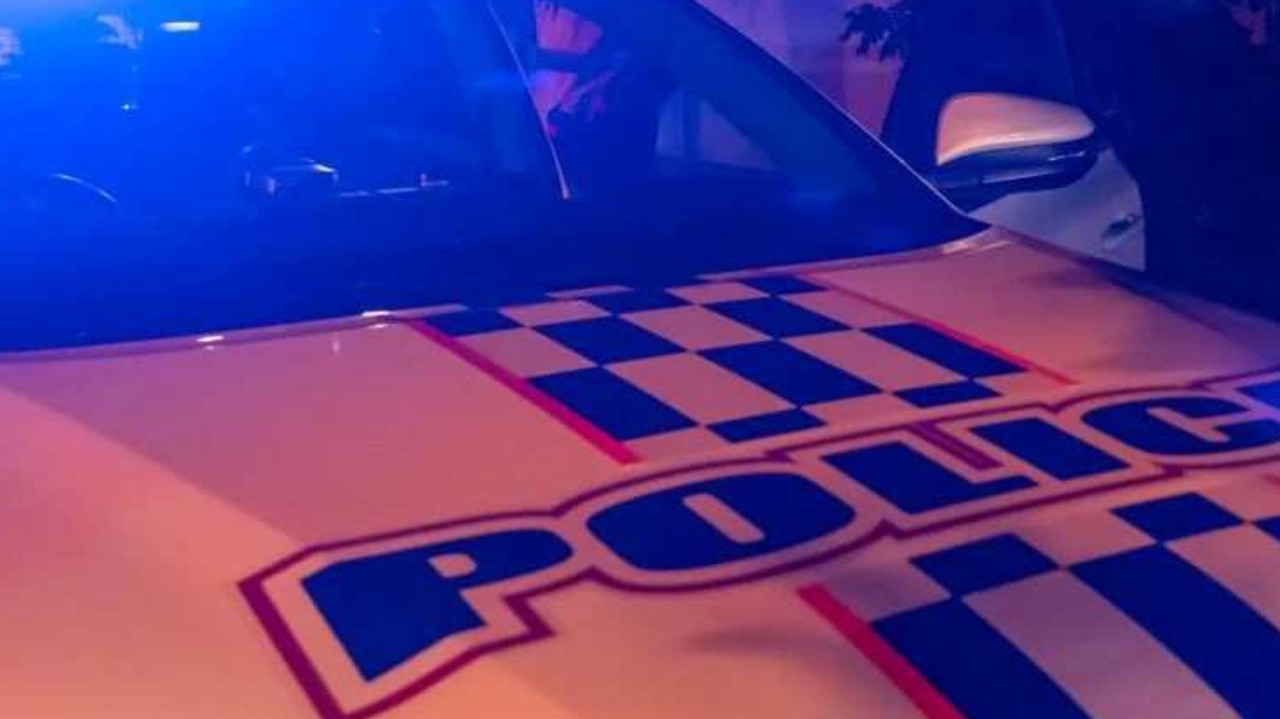Gladstone suicide rate double the national average
“We are seeing people who have never accessed services before who are experiencing anxiety and depression.”

Gladstone
Don't miss out on the headlines from Gladstone. Followed categories will be added to My News.
SUICIDE across Australia is reaching epidemic proportions and the Gladstone region is not sheltered from its scourge experiencing a rate of self harm double the national average.
Depression will impact 45 per cent of society sometime in their lives, says Beyond Blue.
Too often, this overwhelming darkness leads to self harm attempts, and tragically, deaths.
Age and economic status does not always discriminate when it comes to death at ones own hands, with everyone from teenagers, to affluent employed and married people, part of the statistics.
Last year there were 3318 suicides or and average of nine deaths every day, according to the ABS - an average of 12.9 deaths per 100,000 people.
In men this represented 19.8 people per 100,000, while in women this figure dropped to 6.3 people.
This year Queensland Ambulance Service paramedics have been called to more episodes of suicide than ever, with a rise of more than 20 per cent in call-outs across the region compared to 2019.
In 2020, people have faced unprecendeted challenges including COVID, a recession, increasing unemployment, housing pressures and flow-on impacts including lack of family support.
The government is not just sitting idle and letting people take their own lives.
Shifting Minds: The Queensland Mental Health Alcohol and Other Drugs Strategic Plan 2018-2023, sets the five-year approach to improving the mental health and wellbeing of Queenslanders.
QAS statewide mental health program co-ordinator Sandra Garner has told The Observer calls to triple-0 are continually increasing.
As well as people with a history of mental health issues, Mrs Garner said there was an increasing prevalence of new patients.
“We are seeing people who have never accessed services before who are experiencing anxiety and depression … those people are experiencing compromised mental health for the first time,” she said.
“(Due to COVID) We have also seen an increase in people who would usually access a mental heath service, those people don’t have the same level of access, such as only over the phone.”

Mrs Garner said factors contributing to increased mental health episodes included changes to alcohol and drug consumption, impacts of social situation, vocational and economic situation.
Industries in the Gladstone region also have mental health at the forefront of their thinking, recently hosting a Men’s Health Lunch to discuss the serious issue.
General Managers from BSL, NRG and Rio-Tinto, Member for Gladstone Glenn Butcher, and Paul Charalambous joined special guest speaker Glen Poole at the lunch.
There they discussed the issues Gladstone men face, how to improve men’s health, and prevent male suicide, which occurred at double the national rate in the port city.
Mates in Construction, an organisation founded to help prevent suicide and provide advice to men in the industry, has reached about 300,000 men in the 10 years since its establishment.
The organisation trains construction workers to identify “red flags” in colleagues that could lead to suicide.
A Central Queensland Health and Hospital Service spokesman said Gladstone Hospital had a dedicated team of local mental health professionals, including psychiatrists, psychologists, occupational therapists, nurses, social workers and an Indigenous health worker.
“They provide community-based psychiatric services with a focus on recovery and a wholistic approach to their clients’ mental health,” the spokesman said.
“Our Gladstone team has had a busy year, with an increase in mental health presentations
through the new Emergency Department.
“If you are concerned about your or someone else’s mental health there are a host of
online resources and services available to provide hints and support, including the
Queensland Government Initiative “Dear Mind”.
The spokesman said GPs could also provide Gladstone residents with help and advice.
“GPs and Emergency Departments are well equipped to provide support and referrals for
people needing urgent mental health care,” the spokesman said.
“A Step Up Step Down facility in Gladstone provides short-term residential care for people
experiencing mental health issues during recovery and with support from specialist mental
health staff to support during the transition to living safely in the community.
“This service is run in partnership between CQHHS and Mind Australia.”
There is a 24/7 hotline for anyone needing mental health support, information, advice and
referral: 1300 MHCALL (1300 642255).
For help please call:
Lifeline – 13 11 14 24/7
or Text 0477 13 11 14
Kids Helpline 1800 55 1800
Kidshelpline.com.au
Beyond Blue – 1300 224 636 24/7
Chat online Beyondblue.org.au 3pm-midnight
SuicideLine – 1300 651 251
Based in Victoria
Suicide Call Back Service – 1300 659 467
Provides immediate support to anyone feeling suicidal. Can provide ongoing support through up to six 50 minute telephone counselling sessions. Offers online counselling.
Suicidecallbackservice.org.au
State Crisis Numbers
NSW – 1800 011 511
Mental Health Line
VIC – 1300 651 251
Suicide Help Line
QLD – 13 43 25 84
13 HEALTH
TAS – 1800 332 388
Mental Health Services Helpline
SA – 13 14 65
Mental Health Assessment and Crisis Intervention Service
WA – 1800 676 822
Mental Health Emergency Response Line
NT – 08 8999 4988
Top End Mental Health Service
ACT – 1800 629 354
Mental Health Triage Service
MensLine Australia 1300 78 99 78
Alcohol and Drug Information Service 1800 177 833
Counselling online (drug and alcohol) 1800 888 236
Quitline 13 78 48
SANE Australia 1800 18 7263
headspace 1800 650 890
youthbeyondblue 1300 22 46 36
Veterans Support Service 1800 011 046
PANDA (peri-natal anxiety and depression) 1300 726 306
Butterfly Foundation (eating disorders) 1800 334673
The Eating Issues Centre (eating disorders) (07) 3844 6055
QLife (LGBTI) 1800 184 527
Griefline 1300 845 745
Grow Australia (support through peer groups) 1800 558 268
More stories:
‘A slap in the face’: Gladstone water prices hiked 16%


